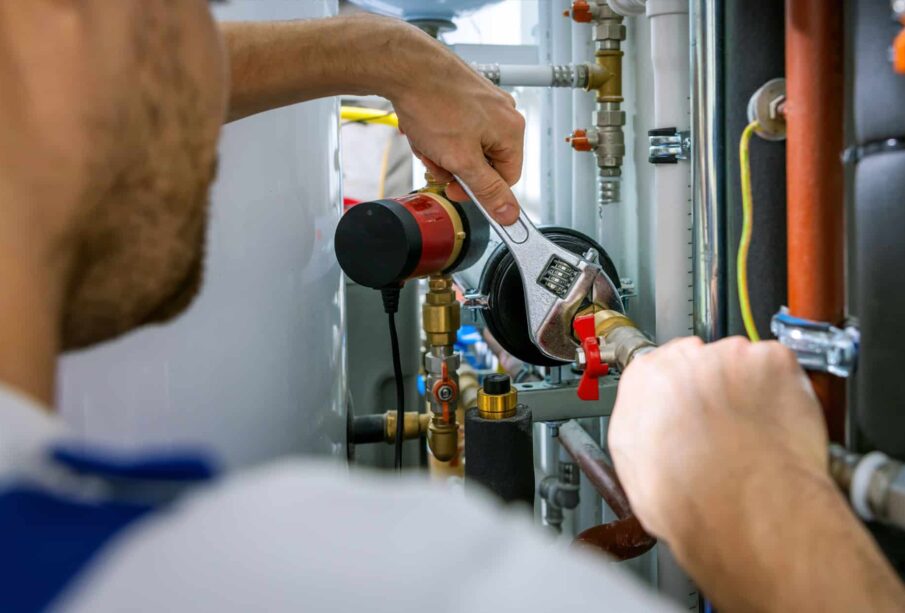
A properly maintained plumbing system is to prevent costly and unexpected repairs. Regularly inspecting and cleaning drains, checking for leaks, and ensuring proper pipe insulation can significantly extend the life of your plumbing fixtures. Simple practices like avoiding the disposal of grease down drains, using drain filters, and periodically flushing your water heater prevent significant issues.
1. Regular inspection and leak detection
- The most effective way to prevent significant plumbing disasters is to regularly inspect your home’s pipes, fixtures, and appliances. Look for signs of leaks, such as water stains on walls or ceilings, damp spots under sinks, or high water bills.
- Turn off all water-using appliances to detect hidden leaks and check your water meter. If the meter continues to run, there is likely a leak in your system. In such cases, it’s best to contact a professional plumbing service for an inspection and repair.
- For residents of Western Sydney, finding a reliable plumber is essential for maintaining their home’s plumbing system. A skilled Plumber Western Sydney helps identify potential issues that escalate into major problems, saving them time and money in the long run.
2. Proper drain maintenance
Clogged drains are one of the most common plumbing issues homeowners face. To prevent blockages, be mindful of going down your drains. Avoid disposing of grease, coffee grounds, and fibrous foods in kitchen sinks, and use drain screens to catch hair and debris in bathroom sinks and showers. Regular drain cleaning also helps prevent clogs. A simple mixture of baking soda and hot water helps keep drains clear of buildup. For stubborn clogs, consider using a plunger or a drain snake before using harsh chemical cleaners, which damage pipes over time.
3. Water heater maintenance
The water heater is a crucial component of your home’s plumbing system, and proper maintenance of its lifespan. Flush your water heater annually to remove the sediment build up, which reduces efficiency and leads to premature failure. Check the temperature setting on your water heater and ensure it’s not too high. Setting it too high causes unnecessary wear on the unit and energy bills. The recommended temperature for most households is between 120-140°F (49 and 60°C).
4. Protecting your pipes
Frozen pipes cause significant damage and expensive repairs. In colder climates, insulate exposed pipes in areas of your home, such as basements, attics, and crawl spaces. During extreme cold spells, let faucets drip slightly to keep water moving and prevent freezing. Protecting your pipes from extreme heat is equally important in warmer regions like Western Sydney. Ensure outdoor pipes are shaded or insulated to avoid expansion and potential bursting during hot summer months.
5. Proper use and maintenance of plumbing fixtures
Treating your plumbing fixtures with care prevents many common issues. Avoid over tightening faucets and shower heads, as this damages washers and leads to leaks. Clean aerators regularly to maintain proper water flow and prevent the build-up of minerals and debris. For toilets, avoid flushing anything other than toilet paper and human waste. Items like wipes, cotton swabs, and feminine hygiene products cause clogs and damage your plumbing system. If you notice your toilet running constantly, check the flapper and fill valve for proper function, as a running toilet wastes thousands of gallons of water yearly.
Regular inspections, proper drain care, water heater maintenance, pipe protection, and careful use of plumbing fixtures are all critical to a healthy plumbing system. By staying proactive with your plumbing maintenance, you avoid the stress of significant repairs and enjoy a smoothly functioning home plumbing system.
Best Handmade Wood Furniture Near in Maryland and DC
June 26, 2025
Comments are closed.






